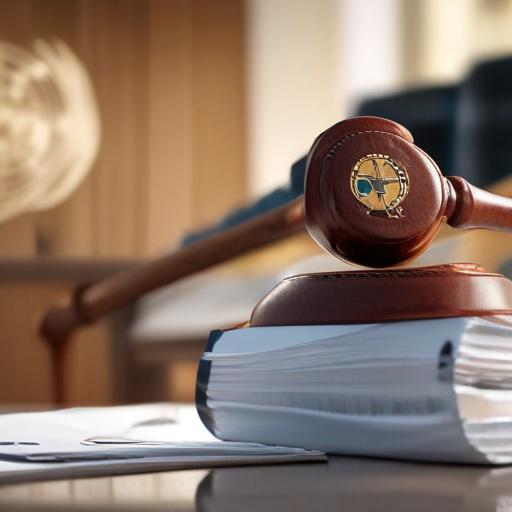New York – Human Rights Watch has called on United Nations member states to leverage the upcoming ministerial conference on Palestine, scheduled for July 28 and 29, to publicly commit to concrete actions aimed at ending decades of impunity for violations of international humanitarian law and human rights perpetrated by Israeli authorities against Palestinians.
Originally slated for June, the high-level conference, co-organized by France and Saudi Arabia, was postponed due to the initiation of an Israeli military operation against Iran. The conference will feature a ministerial meeting followed by discussions among various heads of state ahead of the UN General Assembly’s annual session in September.
Bruno Stagno, a senior advocacy officer at Human Rights Watch, emphasized the need for governments to address serious abuses committed by Israel by committing to specific, time-bound measures such as targeted sanctions, arms embargoes, and the suspension of preferential trade agreements. He criticized repeated platitudes regarding a two-state solution and peace processes, arguing they fail to contribute to the conference’s objectives or halt the ongoing violence against Palestinians in Gaza.
This ministerial conference follows a historic advisory opinion from the International Court of Justice (ICJ) in July 2024, which asserted that Israel’s occupation of Palestinian territories is illegal and constitutes a violation of the Palestinian people’s right to self-determination. The ICJ found that Israel is responsible for apartheid and called for reparations for Palestinians.
In the months leading up to the conference, various countries have made a series of important commitments aimed at breaking complicity in Israel’s actions. Twelve countries recently pledged steps to prevent arms transfers to Israel, while others such as Australia, Canada, and the UK imposed sanctions on Israeli ministers for their alleged involvement in serious violations.
While efforts from the European Union to address human rights violations by Israel have faced internal divisions, there is a burgeoning recognition among some governments that join the ranks of those acknowledging the Palestinian state’s status under international law.
Human Rights Watch insists that further actions are essential to halt the extermination and apartheid tactics employed against Palestinians. The upcoming conference should focus on specific obligations under international law and increase pressure on Israeli authorities to comply with their responsibilities.
As the Assembly of the United Nations meets, it is being urged to adopt a resolution that not only outlines these commitments but also sets a clear timeline for their implementation, ensuring accountability and public transparency in the process.
Amid ongoing hostilities in Gaza, this conference represents an opportunity for the international community to grapple with its legal and moral obligations, showcasing a collective commitment to human rights and justice. If nations can unite to address violations of international norms, there remains hope for progress towards peace and accountability in the region.
